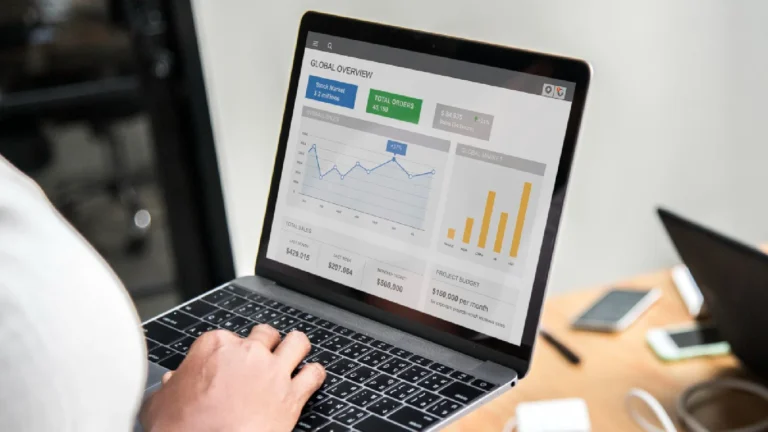Understanding the Basics of Backlinking
Backlinking is a fundamental aspect of Search Engine Optimization (SEO) and plays a pivotal role in enhancing a business’s online visibility. At its core, a backlink is an inbound hyperlink that directs users from one website to another. These links are essentially digital endorsements from one site to another and are crucial signals that search engines, like Google, use to evaluate the credibility and relevance of a webpage.
The significance of backlinks is rooted in their impact on search engine algorithms. Search engines consider the number and quality of backlinks pointing to a webpage when determining its rank on search results pages. In essence, a webpage with a high volume of quality backlinks is perceived as more authoritative and trustworthy, thereby enjoying better placement in search results. Over 90% of web pages do not receive organic traffic from Google, primarily due to a lack of backlinks, showcasing their importance.
There are different types of backlinks, chiefly dofollow and nofollow links. Dofollow links are the standard type and actively inform search engines to consider them when indexing and ranking a webpage. They pass “link juice,” or SEO value, through to the linked website, thereby enhancing its search engine rankings. Conversely, nofollow links include a specific attribute that tells search engines to ignore the link for ranking purposes, often used in scenarios like user-generated content, comments, or paid advertisements.
Real-world examples demonstrate the potency of effective backlink strategies. For instance, companies like Amazon leverage backlinks extensively, with numerous reputable sources linking to their product pages and articles, significantly boosting their search visibility and authority. Similarly, smaller businesses that earn backlinks from industry influencers or authoritative publications typically see a surge in organic traffic and improved domain authority.
In conclusion, understanding the mechanics of backlinking and leveraging it strategically can substantially influence a business’s online success. By cultivating high-quality backlinks, businesses can enhance their search engine rankings, drive organic traffic, and fortify their digital presence.
“`
Strategies to Build High-Quality Backlinks for Your Business
High-quality backlinks stand as a pillar of effective SEO strategies, significantly boosting your business’s online presence. Start by creating valuable content that attracts attention and encourages natural linking. High-quality, shareable content is essential—everything from comprehensive guides, captivating infographics, to insightful blog posts can draw organic backlinks.
Guest blogging remains a powerful tactic. Identify reputable websites within your industry and propose valuable content ideas that align with their audience’s interest. This not only earns you backlinks but also exposes you to a broader audience. When approaching these websites, ensure you communicate your topic’s unique value and how it can benefit their readers.
Forging partnerships with influencers can also amplify your backlink-building efforts. Influencers in your niche have a ready-made audience that can drive traffic back to your site. Collaborations can include sponsorships, co-authored content, or exclusive insights, which can result in multiple backlinks from their platforms.
Don’t overlook the power of social media in your backlink strategy. By regularly sharing your content on social media, you heighten its visibility and potential for being linked back by other users. Utilize platforms such as LinkedIn, Twitter, and Facebook for distributing your content and engaging with relevant industry groups where backlink opportunities may arise organically.
Identifying potential backlink opportunities involves active research. Utilize tools like Ahrefs, Moz, or SEMrush to analyze competitors’ backlinks and discover prospective sites for your content. Reaching out with a personalized pitch and clear value proposition will increase your chances of securing high-quality backlinks.
Moreover, monitoring and maintaining your backlinks is crucial. Utilize tools to ensure backlinks remain active and assess their quality periodically. Broken links or low-quality backlinks can negatively affect your SEO performance; hence, regular audits are necessary to uphold your SEO health.
Lastly, heed insights from SEO experts who recommend focusing on relevance and quality over quantity. High-quality backlinks from authoritative sites within your niche will trump numerous links from low-authority domains. By adhering to these best practices and continuously refining your strategy, you can sustainably build a robust backlink profile that propels your business’s SEO success.



